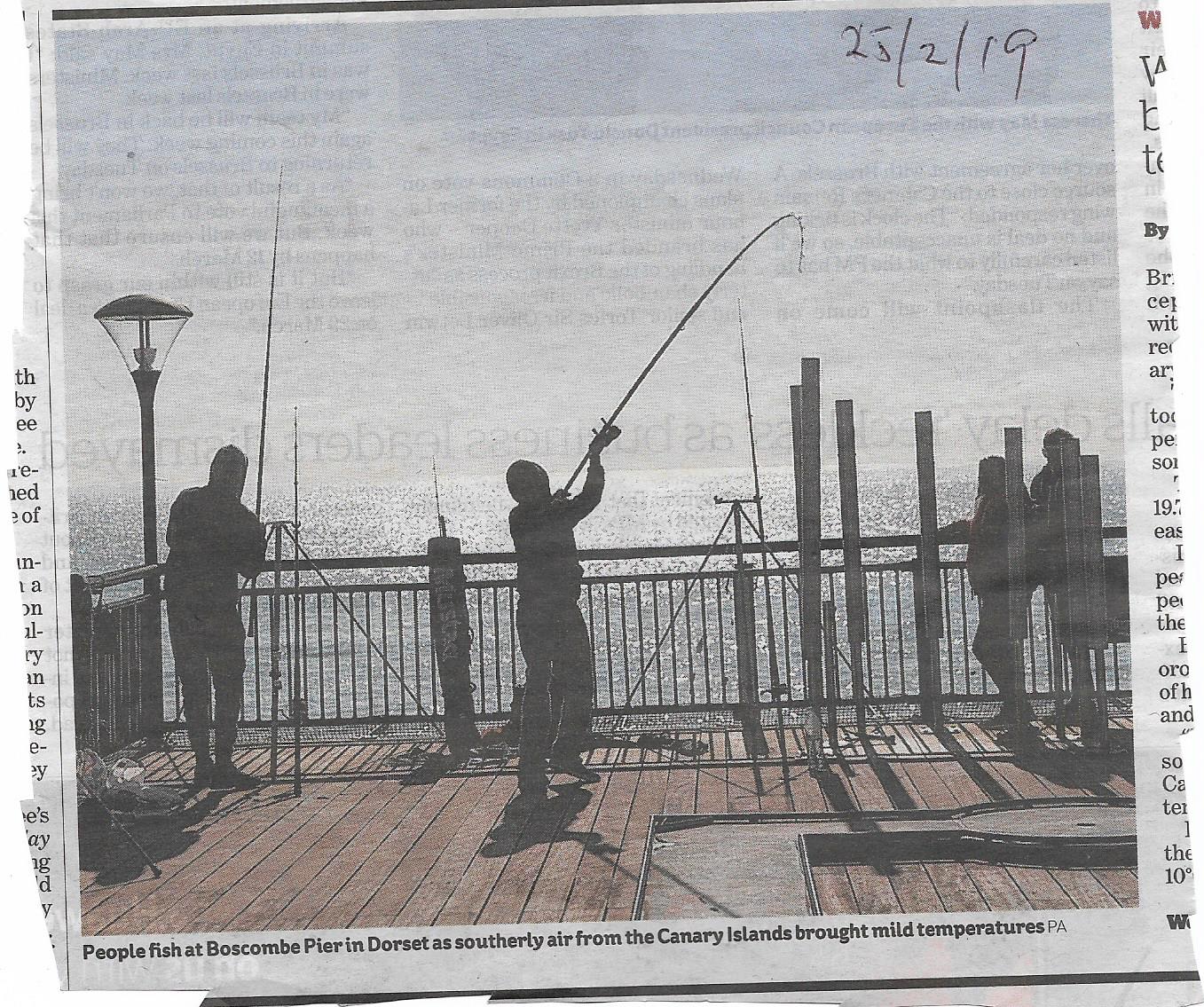THEY are too young to study Charles Dickens’ classic A Tale Of Two Cities, but children in a new housing development are learning its lessons about class divisions the hard way.
For youngsters living in social housing flats in a multi-million-pound estate have been banned from playing alongide children whose parents own their apartments.
Daily Mail (print version), March 27, 2019
Here is a classic example of someone showing off, trying to be clever, and falling flat on his or her face. A Tale of Two Cities is about London and Paris. The perpetrator was presumably thinking of Disraeli’s Sybil, or The Two Nations, which examines the contrasts between the luxurious life of the Victorian aristocracy and the extreme poverty of the working people.
In any event, why bother? To my surprise I found that Mail Online had got it right:
Poorer children have been banned from playing alongside richer youngsters whose families have bought £615,000 properties in the multi-million pound development where they all live.
Mail Online, March 27, 2019
I think I might have left this clause out of the intro
whose families have bought £615,000 properties
to make it
Poorer children have been banned from playing alongside richer youngsters in the multi-million pound development where they all live.
But it is to the point, tells the story, and doesn’t make you throw down the paper (or iPad) in despair.
PS The Daily Mail version has ‘Dickens’ Tale of Two Cities‘ – it should be Dickens’s because names ending in ‘s’ are treated like any other, so Mrs Smith’s house and Mr Dickens’s book.
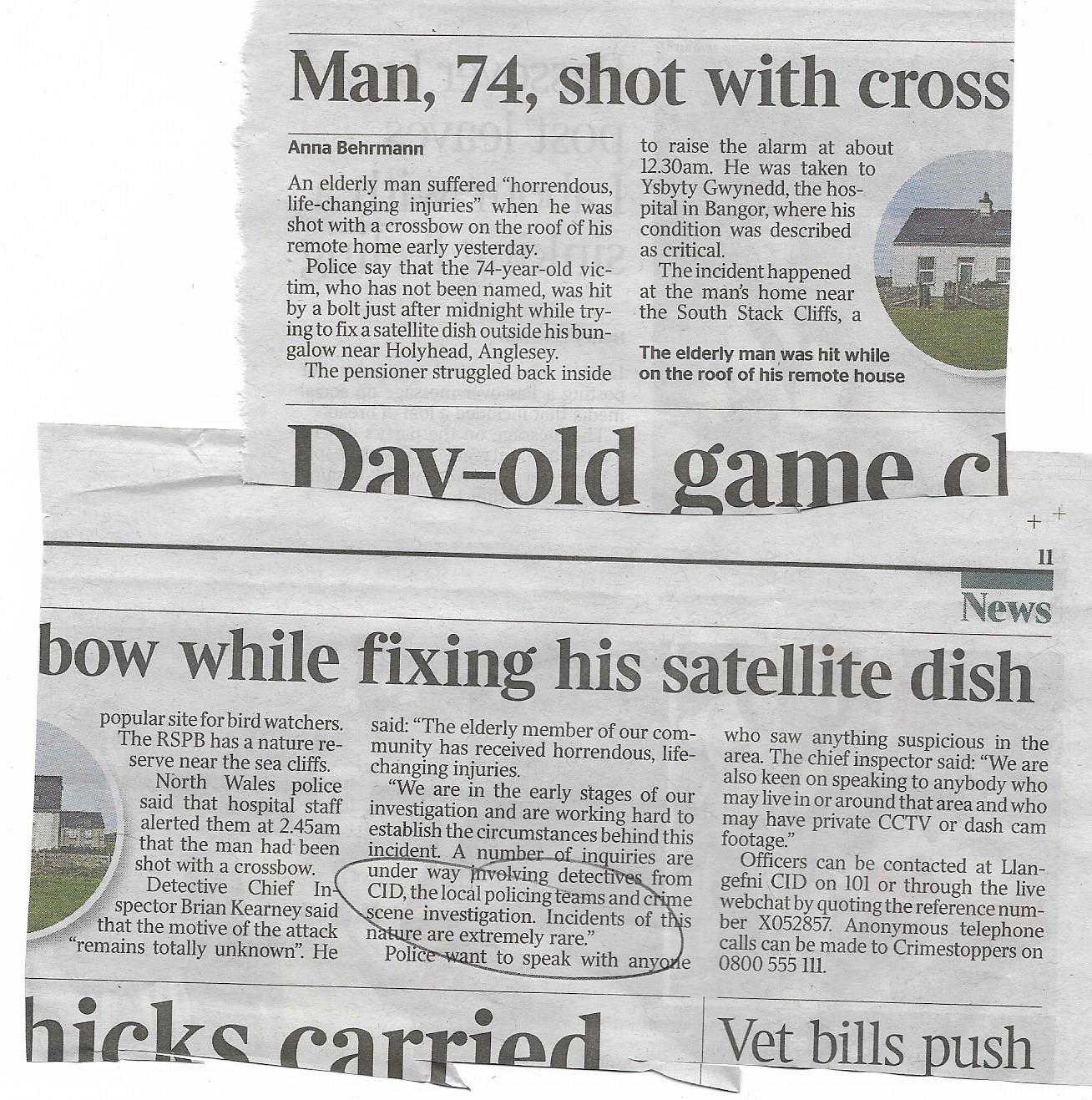 The Times, April 20, 2019
The Times, April 20, 2019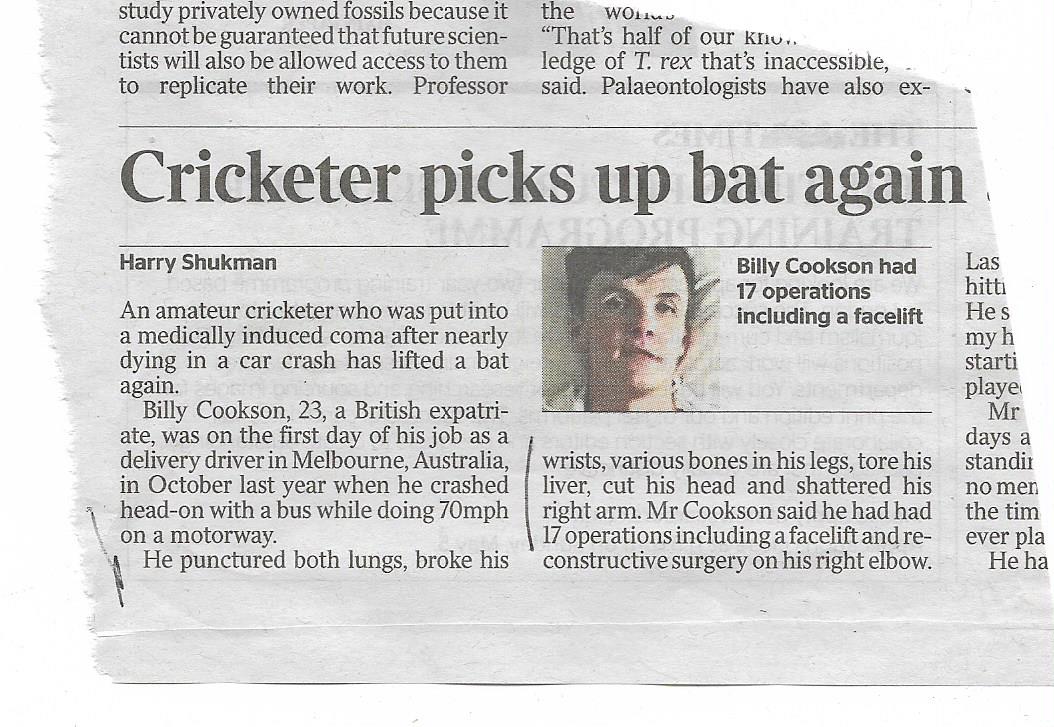 The Times, April 17, 2019
The Times, April 17, 2019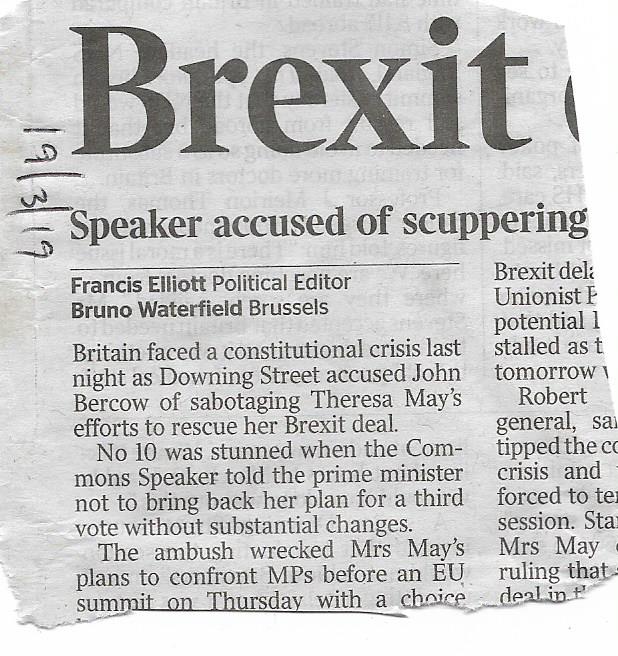 The Times, March 19, 2019, Page 1
The Times, March 19, 2019, Page 1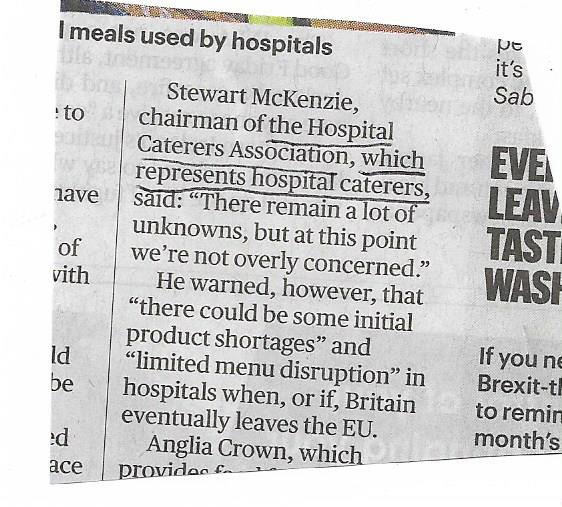 Sunday Times, March 17, 2019
Sunday Times, March 17, 2019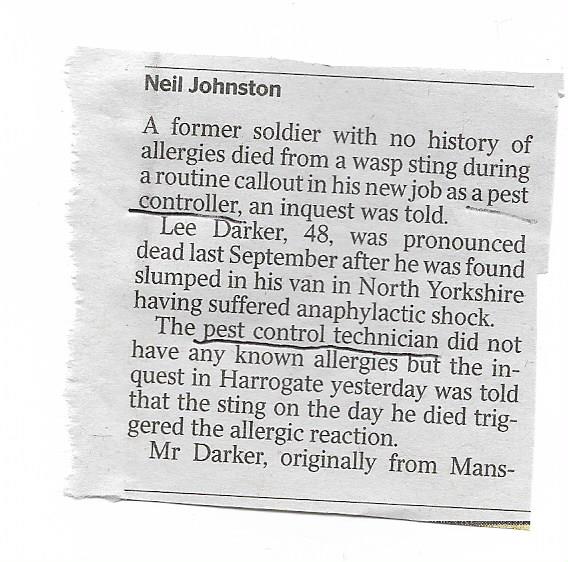
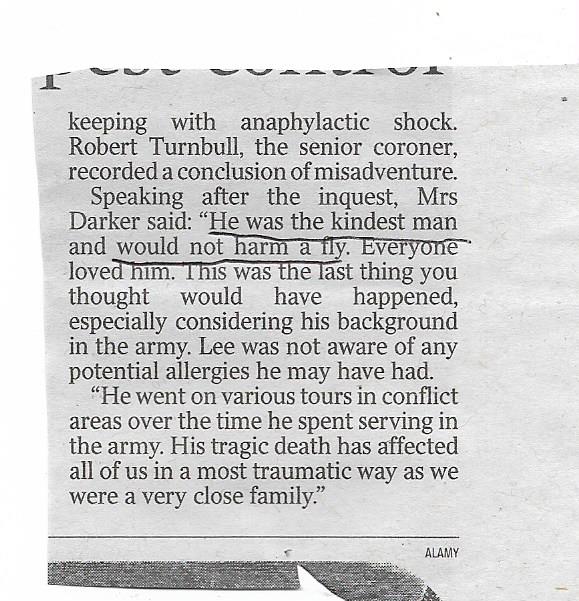 The Times, March 12, 2019
The Times, March 12, 2019
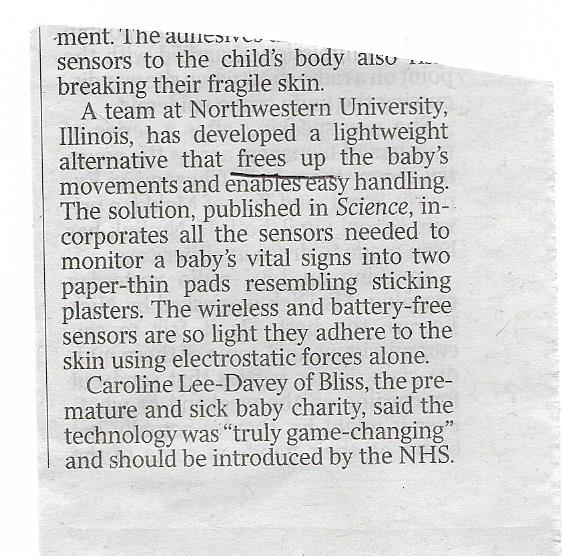 The Times, March 6, 2019, p5
The Times, March 6, 2019, p5